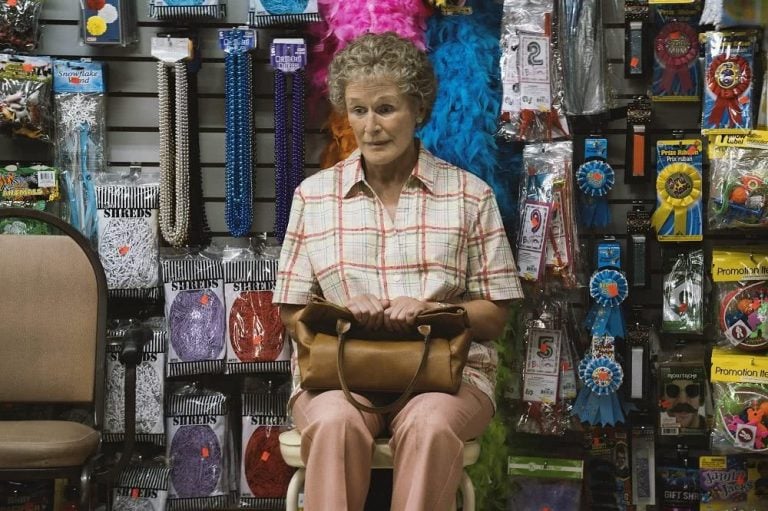Earlier this year at the Sydney Writer’s Festival, George Saunders told a story about the development process behind Sea Oak, the pilot episode of a prospective television series based on his short story of the same name. He was agonising over a particular scene, he said; scared that, if he and the pilot’s director, Hiro Murai, took the wrong approach, they could ruin the whole thing.
“You know, there is a really bad way that we could do this,” Saunders told Murai.
“Well, then,” Murai responded. “Let’s do it the good way.”
Thankfully, against the odds, the pair have. Adapting a short story like Sea Oak was always going to be a challenge: Saunders is an exhaustive self-editor, and reveals his characters slowly, through the slightest of touches. His heroes don’t monologue endlessly about their intentions, or their histories. They are not their backstories: they are their pauses, and their everyday, habitual quirks of speech. Adapting that kind of nuance for the significantly more direct medium of television could have been an exercise in futility then – like restoring a faded Rembrandt with a gallon of house paint and a roller.
And yet somehow, Saunders and Murai avoid every sensationalistic turn the pilot could have taken. The story of a poor, saint-like old woman named Bernie (Glenn Close, having the time of her life) who suffers what, in the interest of preserving the show’s central twist, it is worth referring to as an “unfortunate turn of events”, Sea Oak distils Saunders’ wit, and empathy, and warmth down to its purest form.
The enjoyably misguided heroes of Saunders’ story are here brought to life as bumbling, callous yet oddly endearing misfits, Jane Levy’s gratuitously self-involved Min proving a particular highlight. And Saunders’ anarchic, existentialist slapstick streak – rather than being watered down or simplified – is instead communicated in a series of striking, perfectly realised shots: a children’s toy duck smoking, a section of its head blown off; a gaggle of pensioners being led around an abattoir; an old dishevelled woman, gripping the arms of a chair, spitting obscenities.
Love Music?
Get your daily dose of metal, rock, indie, pop, and everything else in between.
Adapting a short story like Sea Oak was always going to be a challenge.
Part of the show’s success must be attributed to Murai then. He and Saunders are, after all, perfectly suited: Murai’s work on the excellent comedy series Atlanta was more indebted to Bruno Schulz than to Seinfeld, and he has a knack when it comes to nailing gentle absurdity without ever seeming over the top, or too crudely revealing his directorial hand.
Of course, the Sea Oak pilot is only a taster of what is to come; a starter rather than a main course. But if the show continues on its current track, it may well prove to be one of the most thrillingly unique series of recent years – a true, lopsided, intensely loveable original.
Sea Oak is available to stream on Amazon Direct in Australia. You can read our interview with Saunders, conducted earlier this year, here.

































